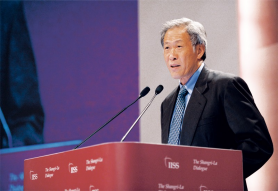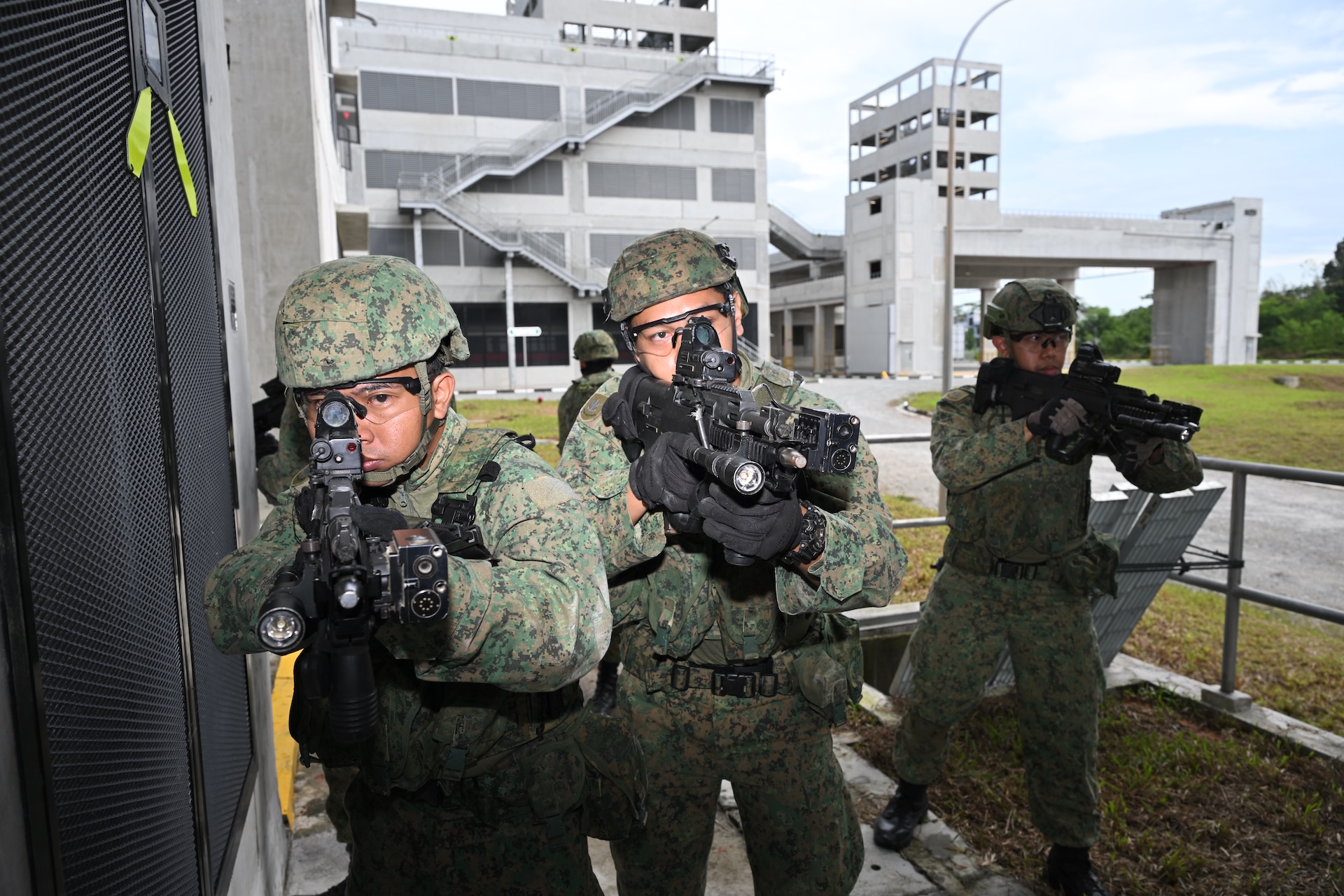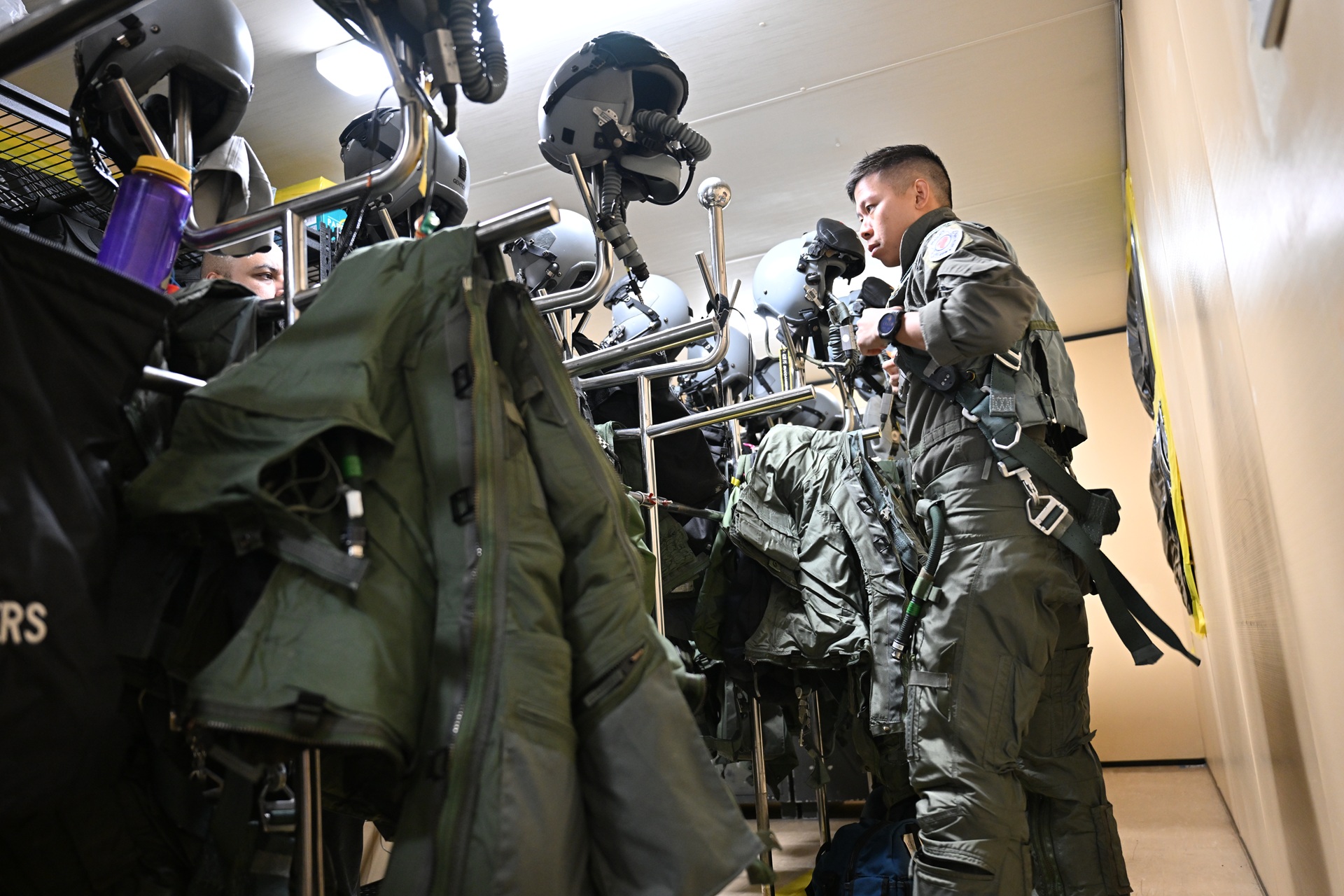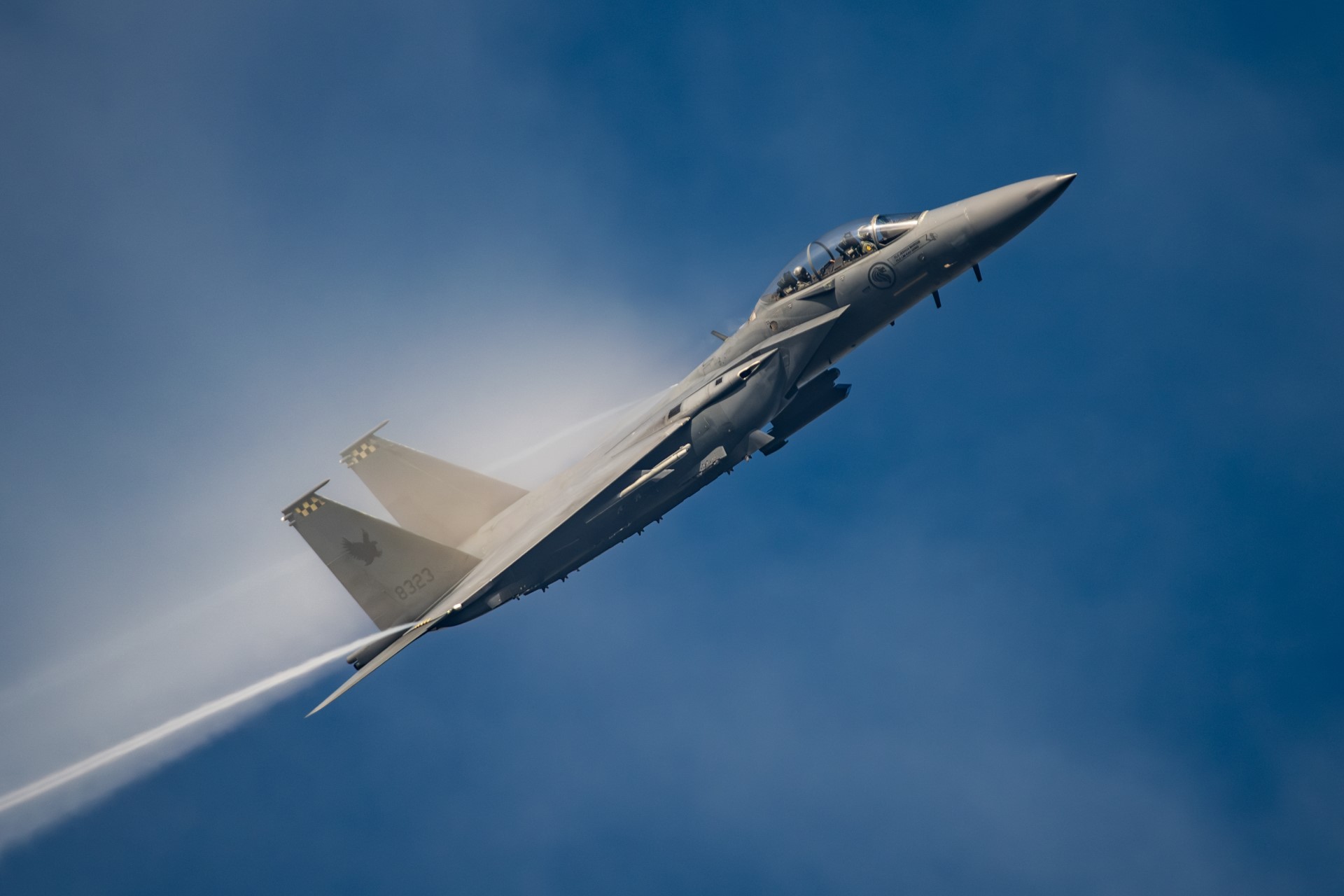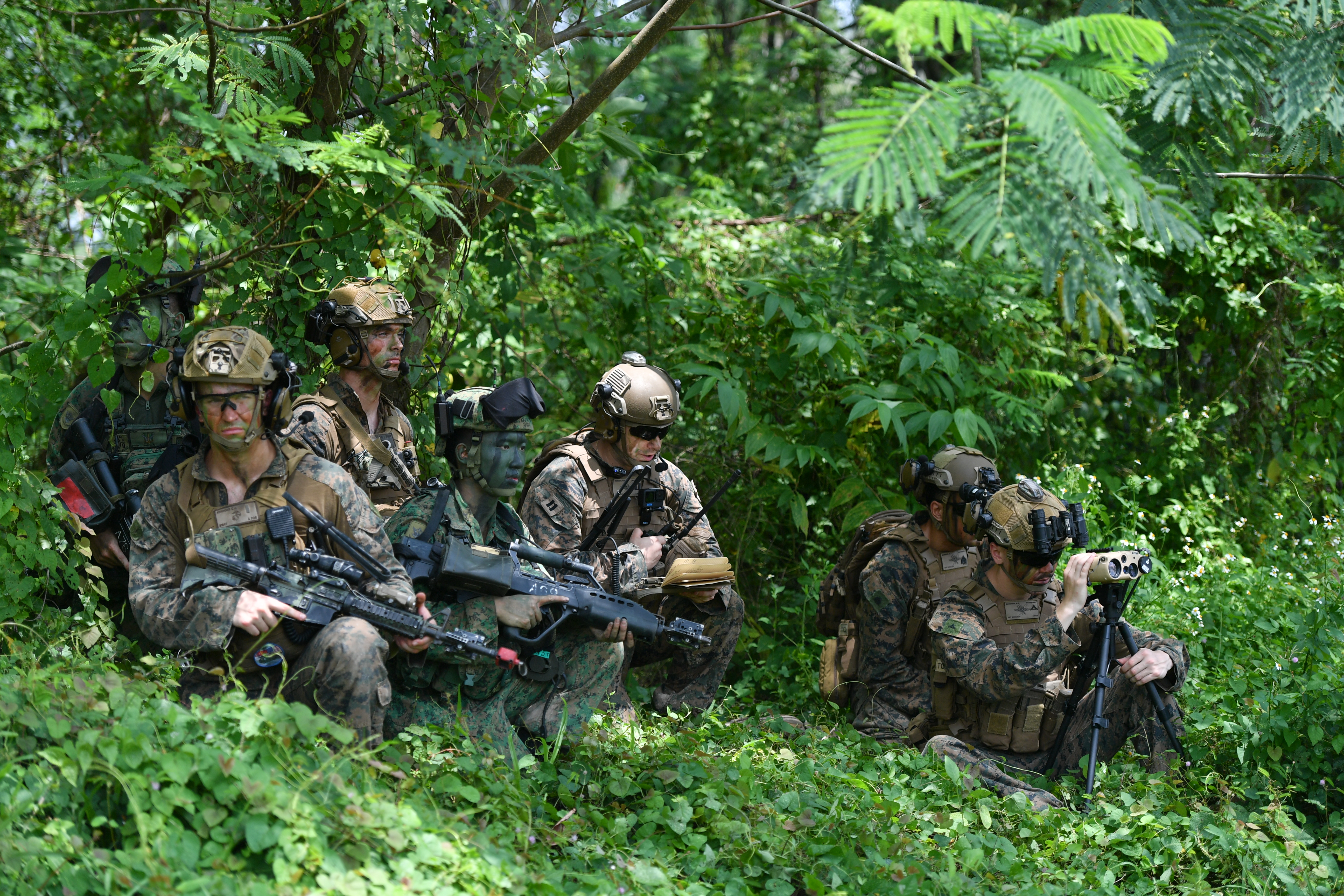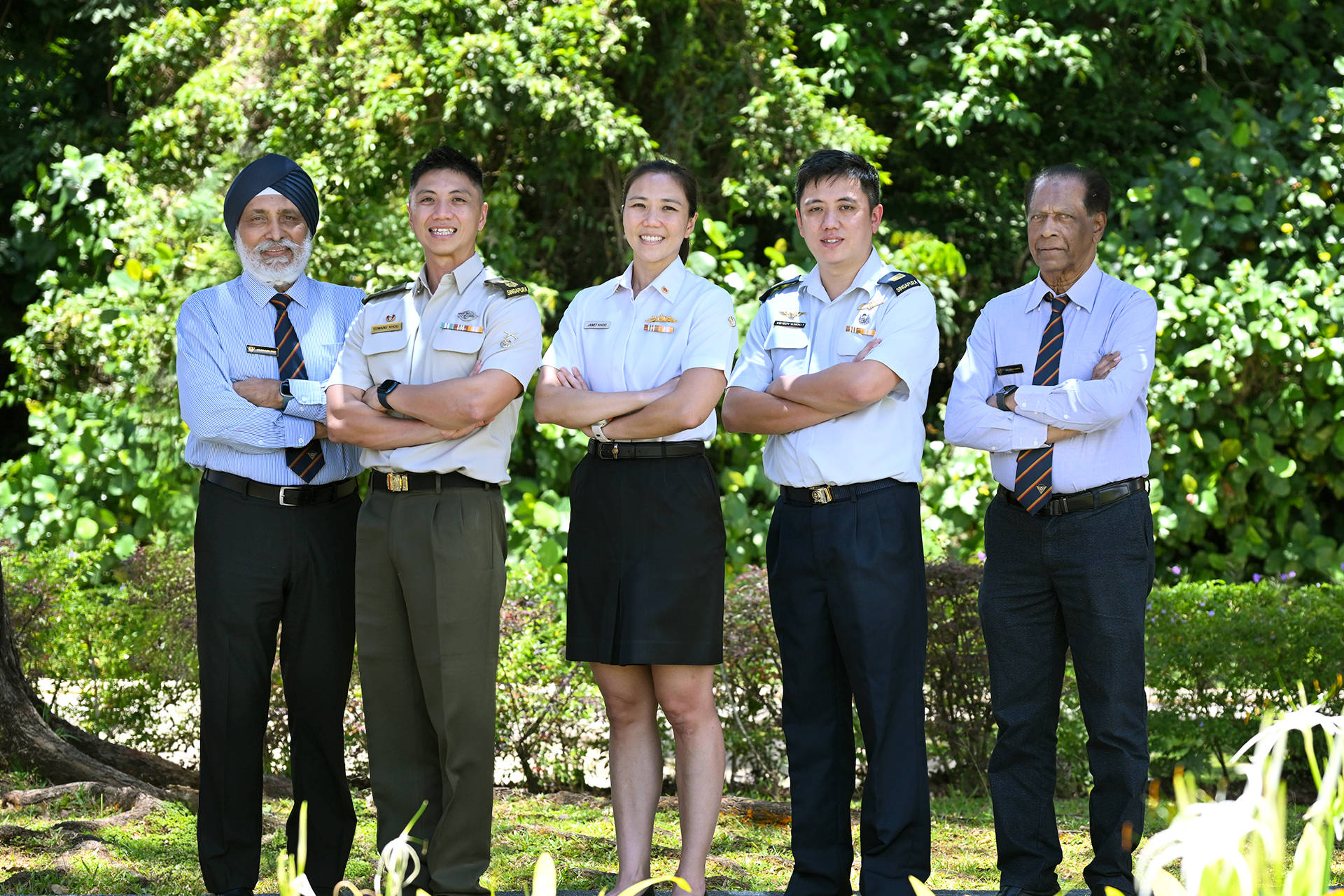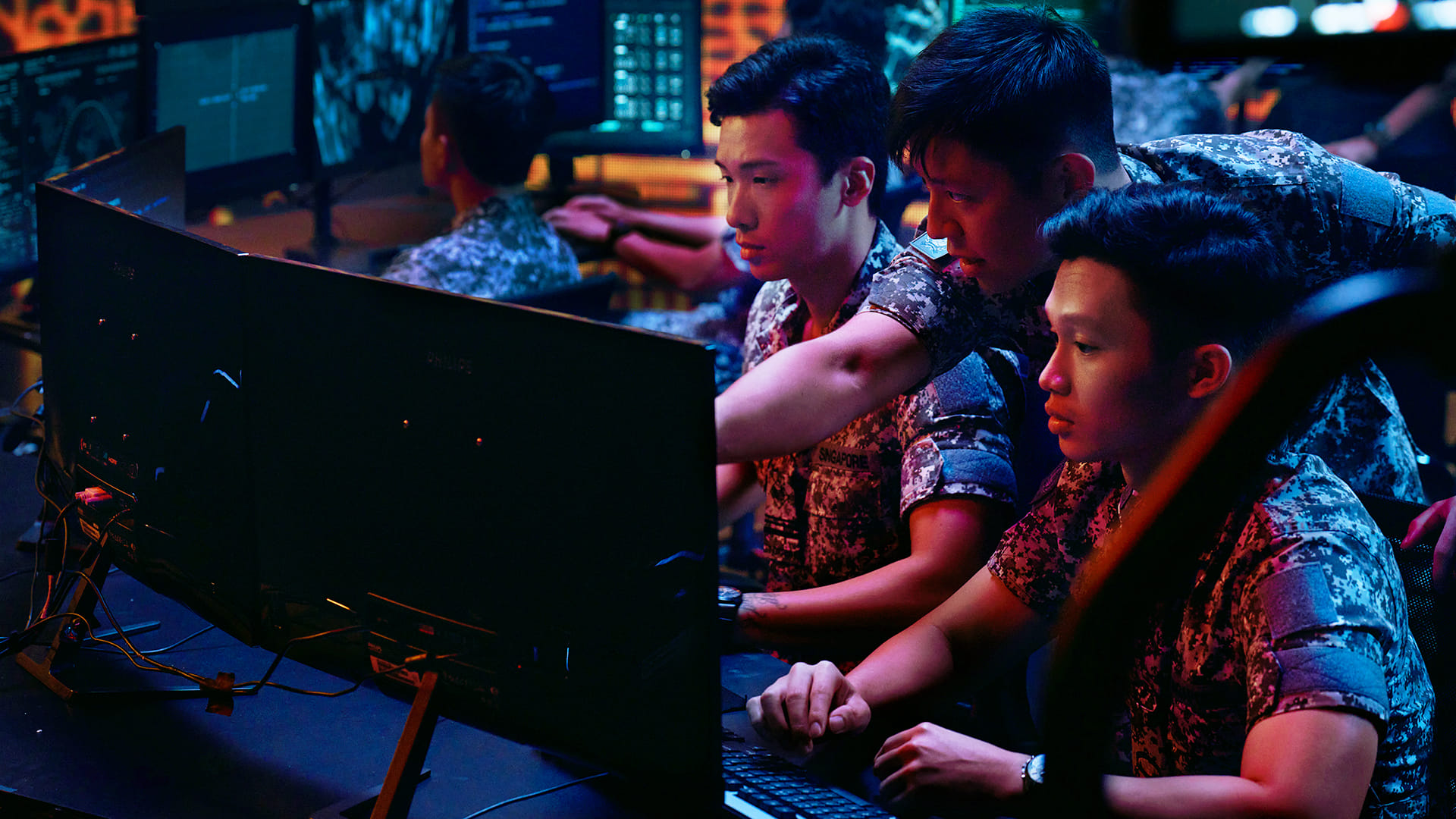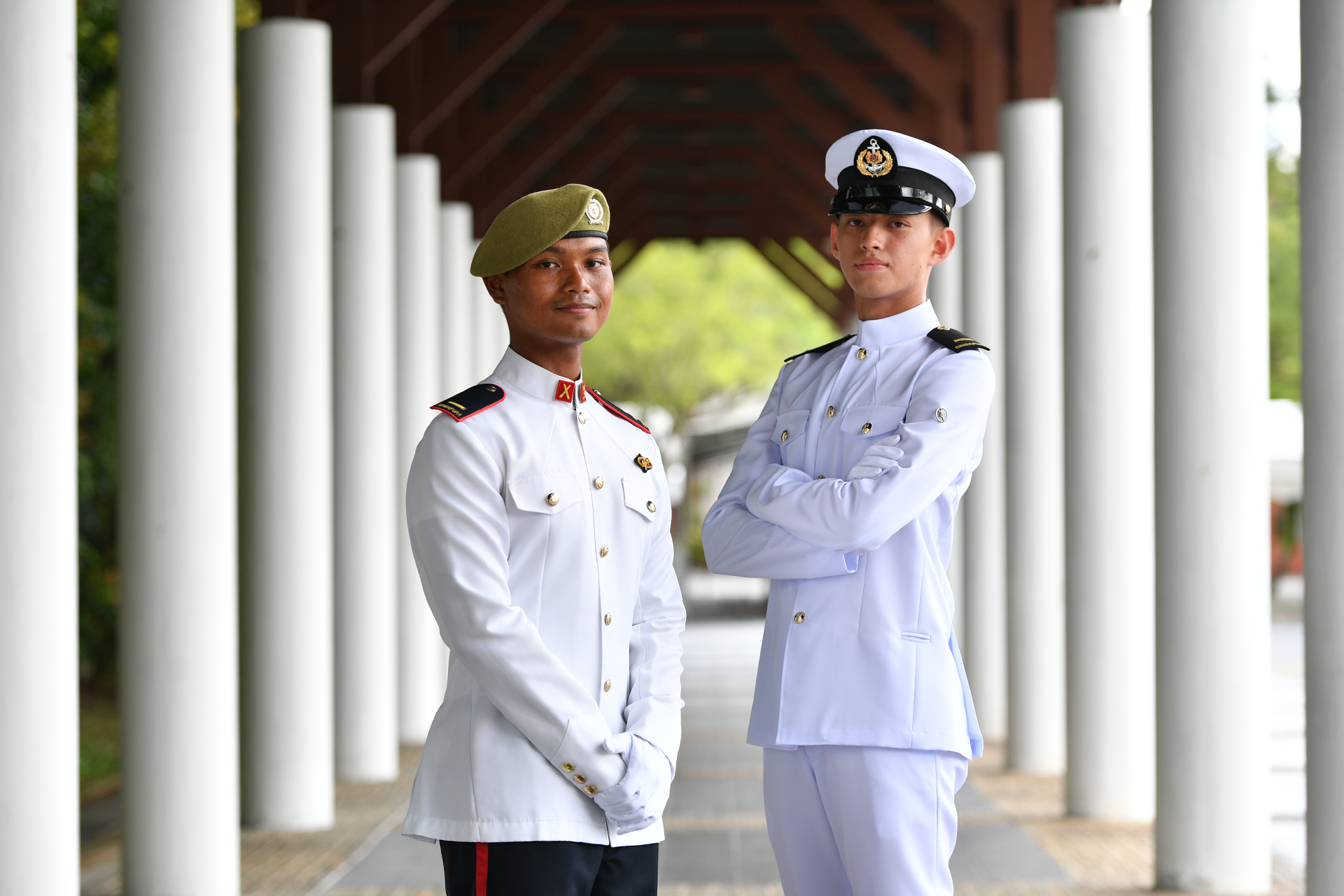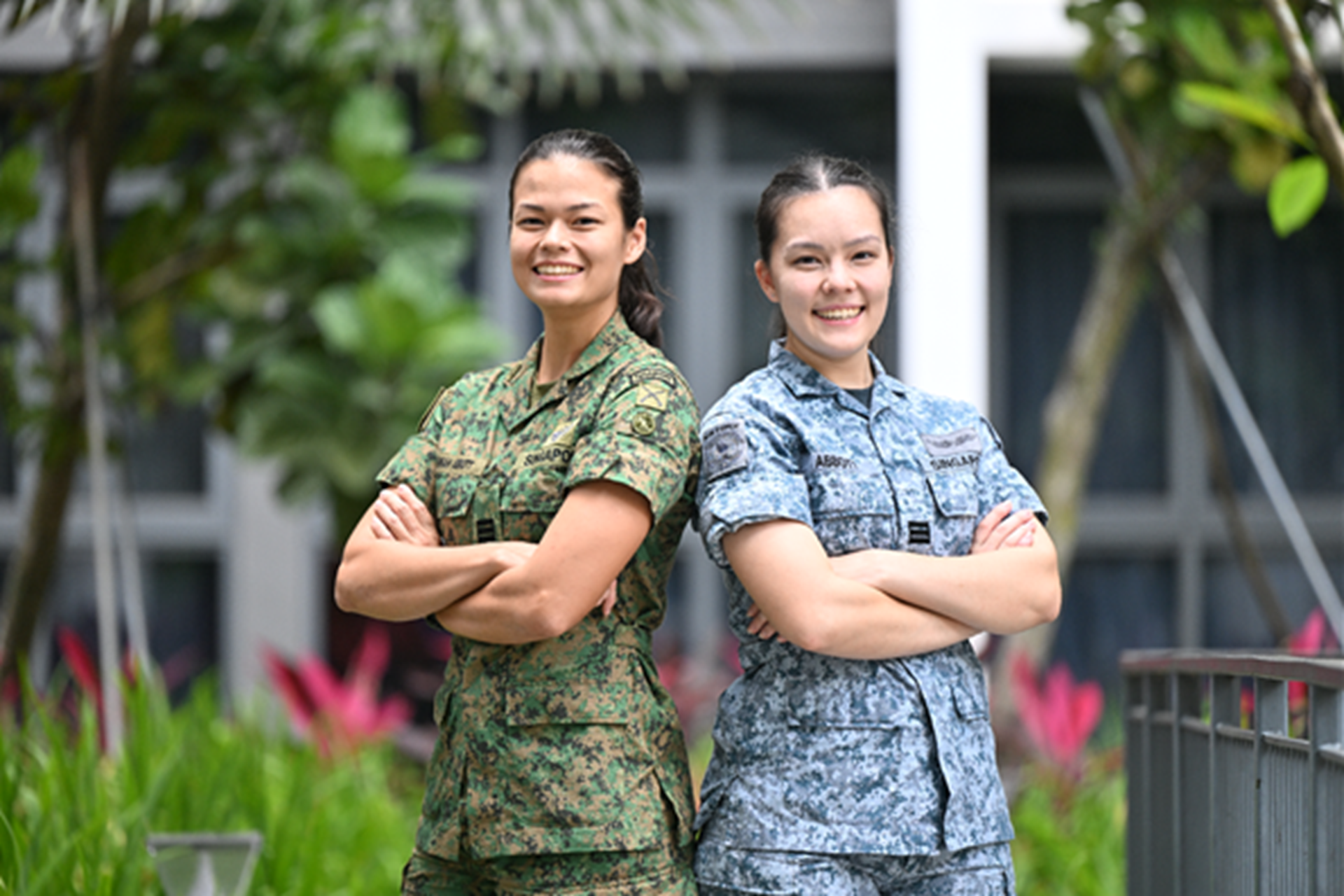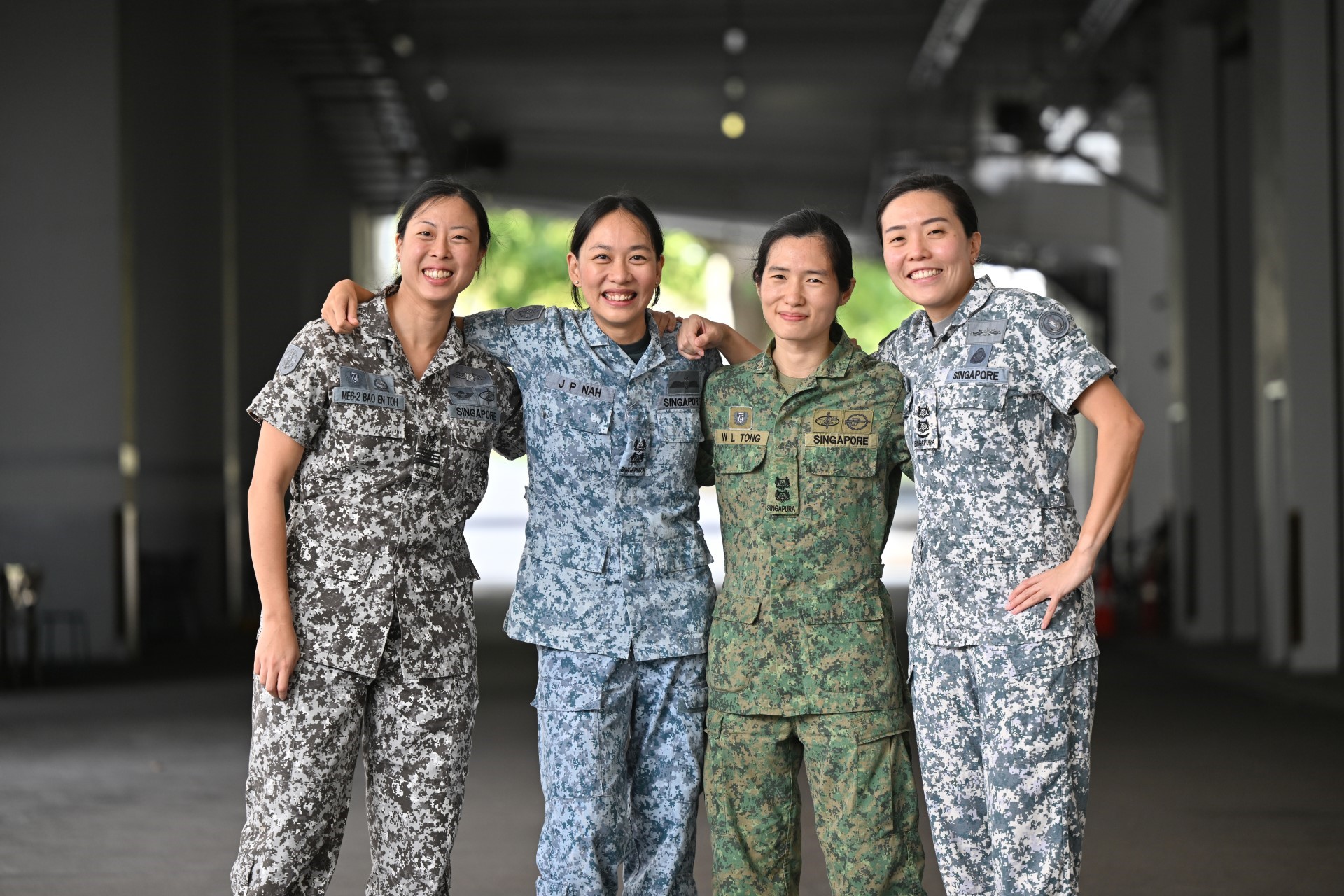FRESH APPROACHES IN TACKLING EMERGING SECURITY RISKS
PHOTO // PIONEER Photographers
Twenty-nine ministerial-level delegates, with participants from 28 countries, attend this year's Shangri-La Dialogue to discuss a wide range of relevant and current issues - from maritime security to new forms of warfare - and how to deal with them as a region.
All eyes were on the Asia-Pacific region at the 11th edition of the International Institute for Strategic Studies (IISS) Asian Security Summit: The Shangri-La Dialogue, held from 1 to 3 Jun at the Shangri-La Hotel.
In his keynote address on 1 Jun, Indonesian President Dr Susilo Bambang Yudhoyono, who was attending the Dialogue for the first time, set the stage when he spoke about the "Asia-Pacific century" being characterised by the rise of emerging powers.
"As we enter the 21st century, we have the opportunity to build a durable architecture for peace in our region. The architecture can be more durable, and more peaceful, than any regional order in previous decades or centuries," he noted, before citing regionalism, dynamic equilibrium and a win-win culture as conditions that would facilitate this architecture.
United States Secretary of Defence Leon Panetta also noted the rise of the Asia-Pacific region and its significance in his address, which detailed the US' defence strategy in rebalancing towards this region.
"In this century...the United States recognises that our prosperity and our security depend even more on the Asia-Pacific region," he said.
Refresh and upgrade
This sentiment of change was echoed by Minister for Defence Dr Ng Eng Hen in his speech at the fifth and final plenary session themed Emerging Risks to Global and Asia-Pacific Security.
"The political, economic and cultural ramifications of a newly-empowered Asia are bound to impact existing security and economic relationships... We are in search of more effective means, whether through institutions or mechanisms, to respond effectively to emerging risks," said Dr Ng.
"Our goal must be to maintain, if not improve, the global commons that have allowed Asia to grow amidst peace and stability," he added.
Highlighting three principles that should govern these institutions and mechanisms, Dr Ng said: "First, institutions and mechanisms to address security challenges must be inclusive and work for the common good. Second, to be credible, they must result in effective outcomes and third, mutual trust must be engendered through transparency, equitable rules and practical cooperation."
Strengthening cooperation
Inclusiveness, said Dr Ng, ensured that key stakeholders are able to contribute, whether in terms of leadership, ideas, expertise or resources.
Referring to the 6th ASEAN Defence Ministers' Meeting (ADMM) held in Cambodia in May as an example, Dr Ng noted that the first combined 18-nation ADMM-Plus Humanitarian Assistance and Disaster Relief and Military Medicine exercise - a key outcome of the meeting - was a bold and significant initiative that would "strengthen practical cooperation amongst the militaries of the ADMM-Plus partners, and in the process enhancing comfort levels, build trust and confidence". The "Plus" countries comprise Australia, China, India, Japan, New Zealand, Russia, South Korea and the United States.
This was also a point that both Mr Panetta and Dr Ng agreed on during their bilateral meeting, held at the sidelines of the Dialogue on 2 Jun.
In a joint statement, the two said that the interactions between the militaries of ADMM-Plus members promoted greater understanding, built confidence and helped to bring about stable military-to-military relations among key regional stakeholders.
The second governing principle Dr Ng highlighted was that of credibility following effective results. Citing the example of the Eyes-in-the-Sky initiative, which led to the launch of the combined maritime air patrols over the Straits of Malacca and Singapore, Dr Ng pointed out that it was these combined efforts that led to the reduction of risk classification of the Straits of Malacca as a war risk zone. The initiative was proposed by then-Defence Minister Najib Tun Razak at the 2005 Dialogue.
Building mutual trust
Mutual trust, the last governing principle, would take both time and effort but one mechanism through which it could develop was the Experts' Working Groups under the ADMM-Plus framework.
Military-to-military relationships would be enhanced from the bottom up through participation in exercises in areas such as humanitarian assistance and disaster relief, said Dr Ng.
As no single country had the resources or ability to provide lasting solutions, Dr Ng called for countries to pool resources and synergise efforts in the face of common and transnational security challenges. He said in closing: "We must commit to working together to build stronger international institutions and constructive partnerships at both the bilateral and multilateral levels, based on shared interests, aspirations and principles."
In an earlier interview, Dr Ng also said the Dialogue had helped form better policies and responses after reflections on the views and issues that were shared and discussed. "Although this is a non-binding meeting, in the sense that it's not a formal meeting with communiques or resolutions, it's been very effective."
"If there's any lesson to be learnt from these efforts, it is that defence diplomacy is a very much needed aspect of making sure you have the security environment that's stable, and we want to continue this series of forums and dialogues so that we can understand each other's perspectives," said Dr Ng.
To this end, Director-General and Chief Executive of IISS Dr John Chipman also announced during the Dialogue that a new memorandum of understanding that would allow the London-based think tank to continue organising the Dialogue in Singapore up to 2019 had been signed with the Ministry of Defence.
Apart from hosting two ministerial lunches on the sidelines of the three-day Dialogue, Dr Ng held a series of bilateral meetings with his counterparts, such as Thailand's Minister of Defence, Air Chief Marshal Sukumpol Suwanatat, who was making his introductory visit to Singapore.
Dr Ng and Australian Minister of Defence Stephen Smith also signed an agreement that would allow the Republic of Singapore Air Force to continue helicopter training at the Australian Army Aviation Centre in Oakey, Queensland, until 2027.
"We must commit to working together to build stronger international institutions and constructive partnerships at both the bilateral and multilateral levels."
- Dr Ng in his plenary speech
